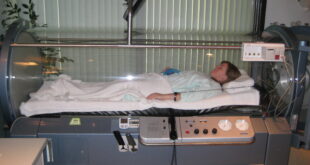Electricity consumption is on the rise. With technological advancements, the number of electrical appliances in use at homes is at an all-time high. And since they’re critical for making life just easier and more comfortable, you can’t just ditch them altogether to save electricity.
What you can do is use them wisely and efficiently to save energy. Eventually, your monthly energy bills will decrease. That should be part of your financial goals too. In this article, you’ll learn about home appliances that use the most electricity and how you can save energy while using them.
1. Air Conditioning And Heating Units
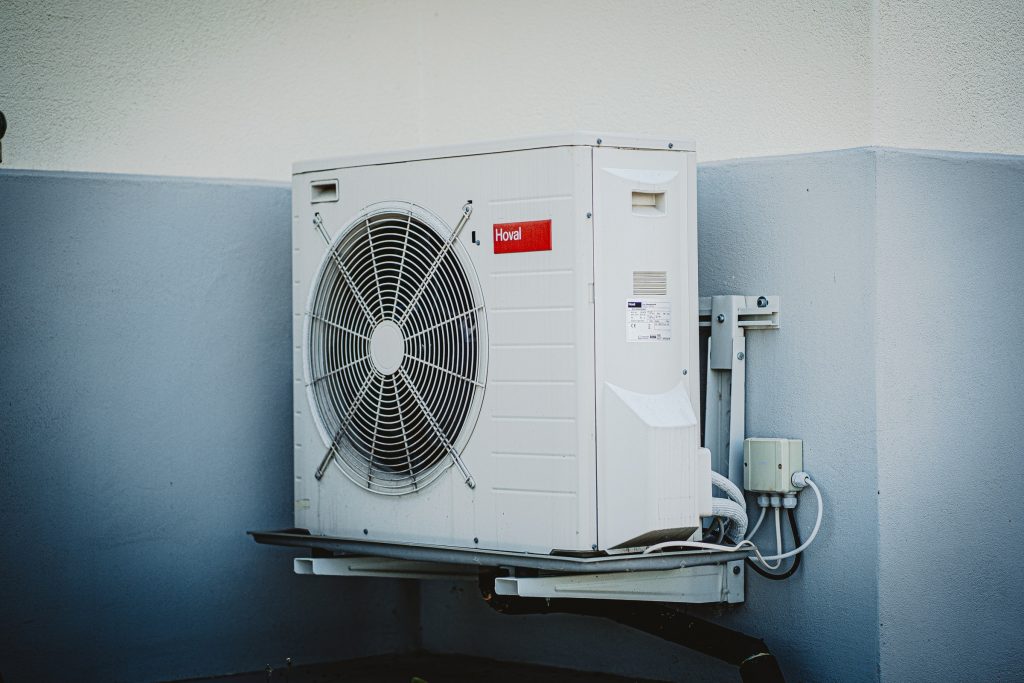
On average, air conditioning and heating units in homes take up 46% of the total energy use. That’s quite a lot if you think about it. But, of course, you also wouldn’t want to compromise on your home’s thermal comfort and indoor air quality. So, consider these practical energy-saving tips when running HVAC systems:
- Opt for packaged terminal air conditioners (PTAC): Compared to other air conditioning systems, PTACs, regardless if it’s new or refurbished, like those offered by PTAC4Less, consume less energy. Their pumps operate without combustion, which means they require less electricity to run. They’re ideal for smaller spaces or a single room. That said, remember to use heating and cooling units in their intended room size. Otherwise, the unit will have to work harder and consume more electricity. If you’re only using them in a single room, don’t forget to switch them off if you won’t be using the room for a while.
- Energy Efficiency Ratio: For optimum energy savings, ensure your AC unit is rated 10.0 or higher. These ACs use less power, although you may have to brace yourself for the higher price tag too.
- Supplement with a fan: It takes a lot of electric power to keep a large room cool during hotter seasons. For the larger rooms in your house, you can install a ceiling fan to help with the cooling. Electric fans consume significantly less energy than ACs.
- Clean the filter: Dust can clog up your AC unit and reduce its effectiveness. Instead of resorting to using higher settings, which means more power consumption, consider cleaning the filter every month.
2. Water Heating
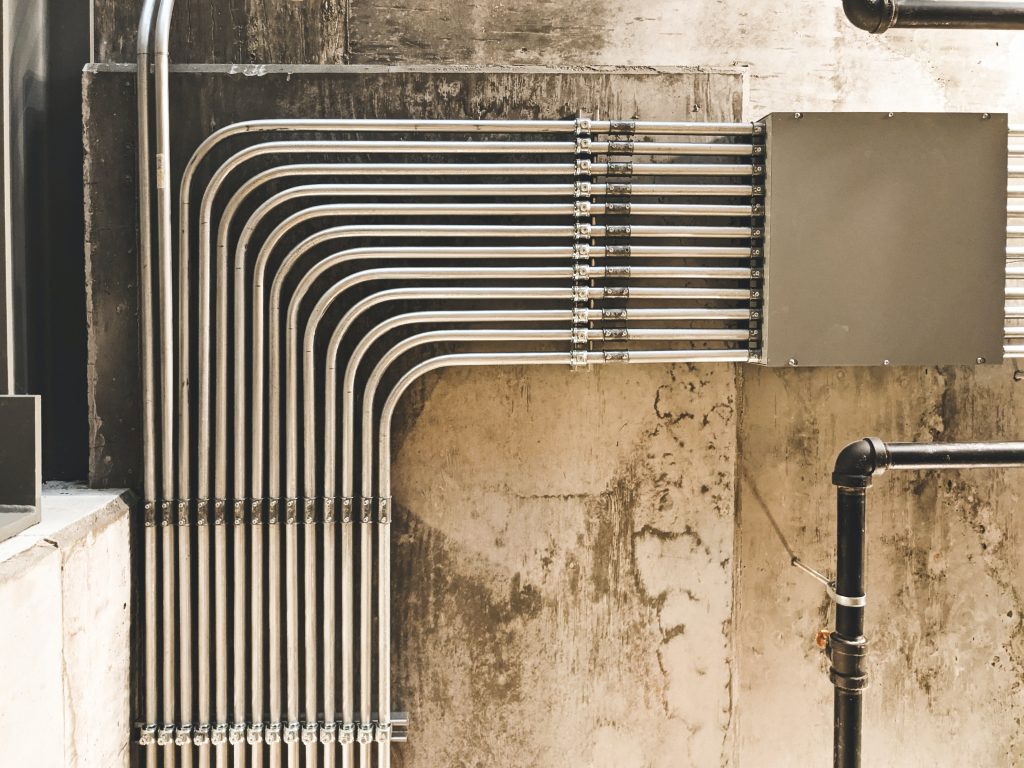
Water heaters also consume a lot of energy. And that’s especially true if every member of your family uses hot water in the bathroom. More so if you use hot water for washing dishes and clothes. Letting the heater run for about three hours daily adds up to about 400 kWh per month. To cut your water heating costs, do any of the following:
- Cover the hot water pipes with insulating materials.
- Go Solar: The sun’s energy is available in unlimited abundance. Take advantage of this gift of nature to cut your bills.
- Always set the heater to 50 degrees Celsius or lower. Setting it to higher values will be unnecessary if you’ll still have to cool the heated water before using it.
- Use water-saving showerheads. The less water you use in the bathroom, the lower your energy bills will be.
- Opt for tankless models, which are known to save heating costs by up to 50%.
3. Refrigeration
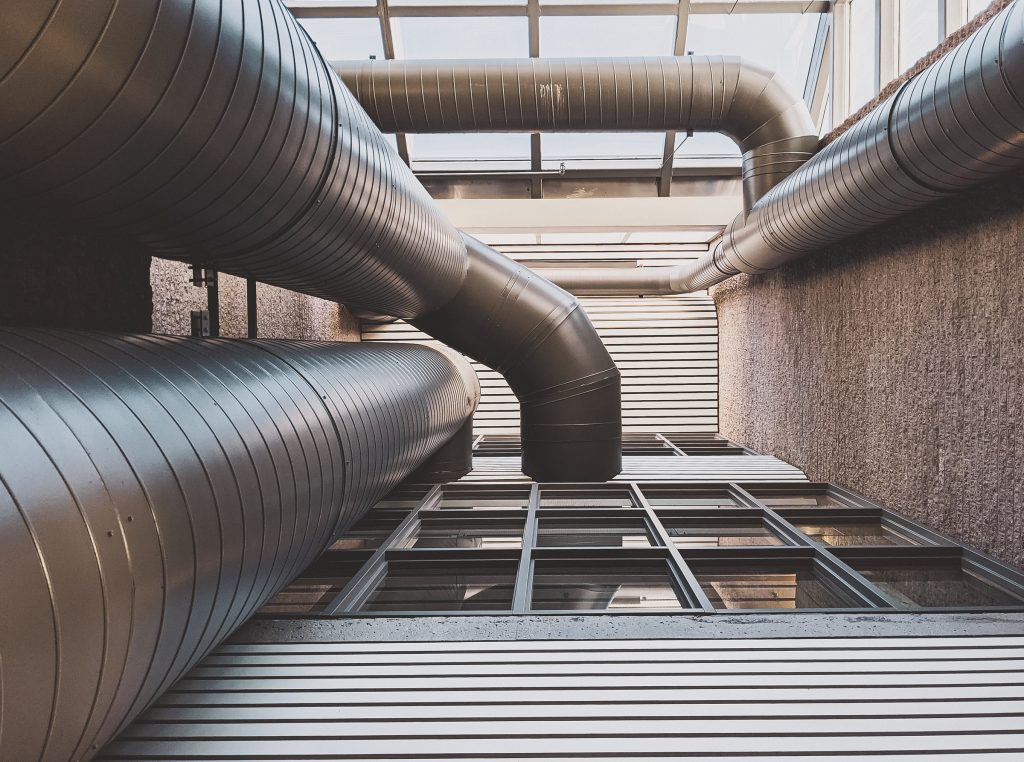
Refrigeration is a must in food storage. This is perhaps the only home appliance that has to be turned on 24/7. But it doesn’t mean that you always have to pay through the nose. Here’s a list of what you can do:
- Buy refrigerators with high energy ratings, preferably the 5-star ones.
- Choose a fridge that’s not so small that you’ll overload it, nor so big that you’ll underutilize it. Overloading a fridge reduces air circulation around the food, which leads to more power usage as the unit tries harder to maintain a cold environment. On the other hand, using a big fridge with very little food means you’ll have to pay for running a big unit while only benefiting minimally.
- Leave a 3cm clearance all around the fridge to allow for proper air circulation and reduce heat buildup.
- Set your fridge to the temperatures recommended by the manufacturer.
- Keep the refrigerator far from heat sources like stoves, microwaves, heat vents, and cookers. Such items will only raise the temperature around the fridge and make it work harder to lower the temperature.
- Regularly clean the fridge to maintain optimum airflow.
4. Washers And Dryers
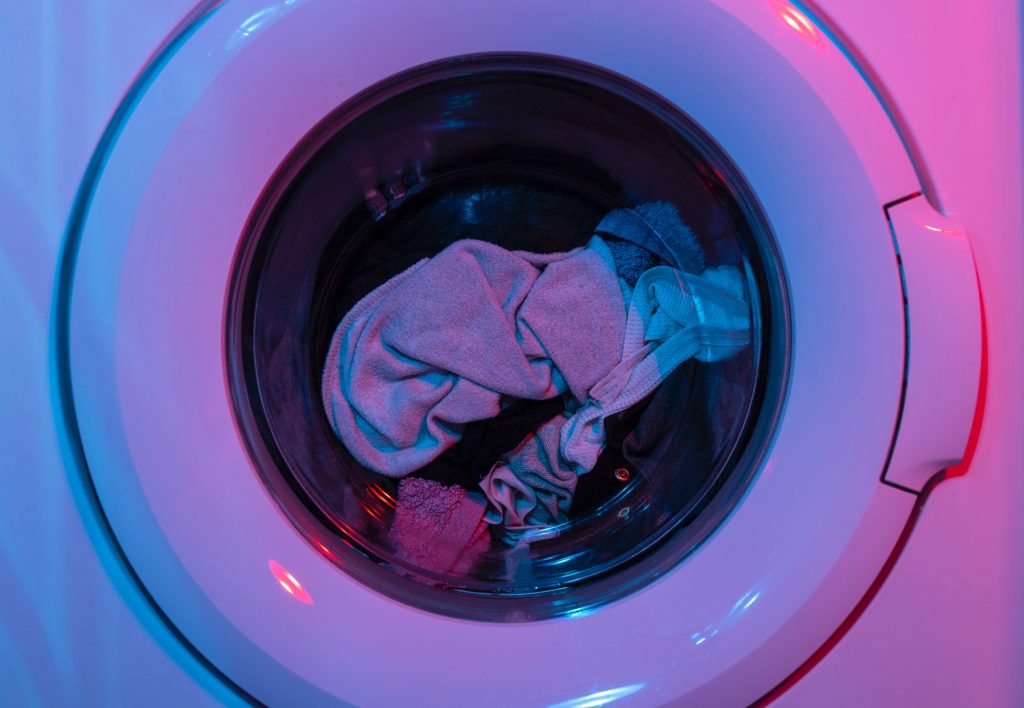
Washers and dryers are also culprits of high energy consumption at home, especially if you clean and dry your clothes almost every day. Use the following tips to keep your bills low:
- When outdoor conditions allow, use a clothesline to dry your clothes.
- Avoid overloading the dryer as it’ll only run for a longer time and use more electricity.
- Purchase models with automatic timers so electricity doesn’t go to waste once the clothes are dry and you’re not there to switch off the machine.
- Clean the dryer’s exhaust vent to maintain its efficiency
- Reduce the amount of detergent you use to avoid overworking the washing machine. Excessive suds will trigger longer rinse cycles, which means more energy consumption.
5. Media Equipment
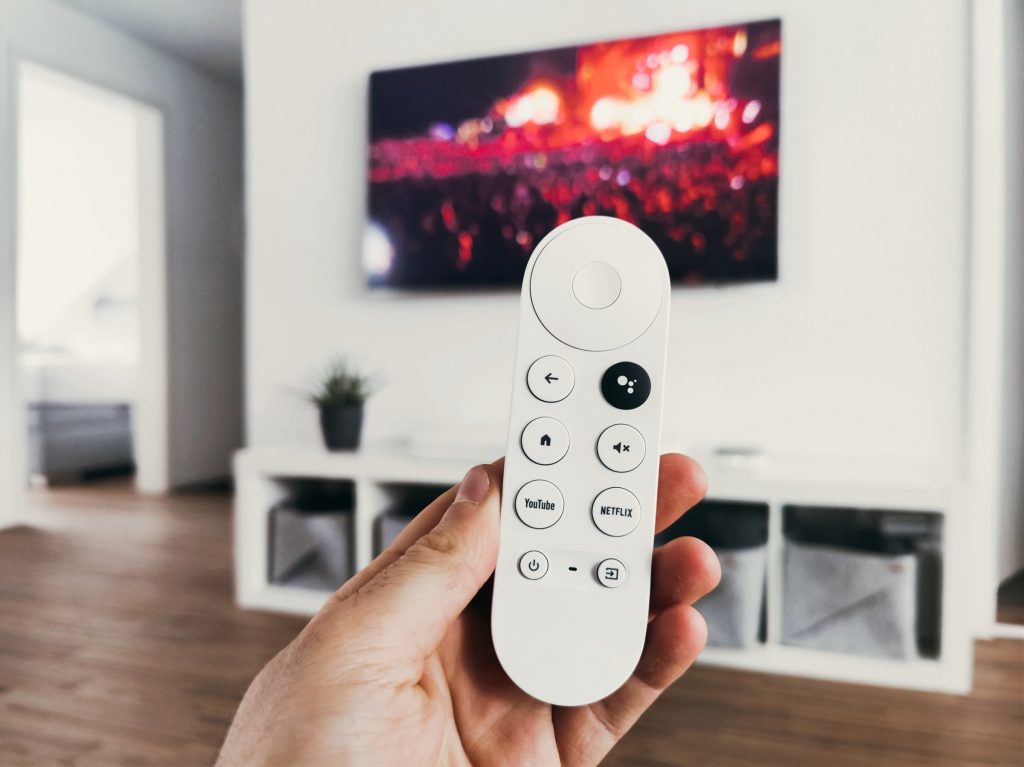
Think about your TV, radio, video game consoles, printers, set-top boxes, laptops, computers, and the like. These electronic devices may seem unassuming when it comes to electricity consumption, but that is far from the truth. If you run your desktop computer for 10 hours a day, watch TV for 5 hours daily, play video games, and charge your laptop and smartphone, the bills slowly add to large amounts. Thus, you may want to apply the following energy-saving tips:
-
- If you can work from a laptop rather than a desktop PC, the better. Laptops use less power than desktop PCs.
- Opt for inkjet printers instead of laser printers. The latter uses more power. But if you have to use laser printers, get a model with energy-saving features.
- Turn off any device when you’re not using them. This sounds simple, but most people tend to forget and just leave devices running even when not in use.
- Use a lower brightness setting for Tv screens and computer monitors.
- Choose Energy Star-certified devices.
Home Electricity Usage, Options, And Conservation
Running different types of appliances can skyrocket your electricity consumption. Moreover, traditional electricity usage can add more harm to the environment because of coal power plant emissions. However, there are various ways to reduce your energy usage by taking conscious efforts to conserve energy and determining your options.
One crucial step to saving on your energy bills is to deal with the right electricity provider. Unlike in the past, energy supply is now well-distributed because large companies no longer monopolize electricity. Also, because of electricity deregulation, homeowners can choose affordable and flexible energy plans from reputable suppliers aligned with their needs.
Many states in the United States (US) are governed by energy deregulation. For instance, Texas is one of the states where consumers can save on their electricity bills by choosing their preferred power provider. There are over 50 Texas electricity providers to choose from. Consumers can shop online to compare rates. For more details, check ElectricityPlans.com to learn more.
In addition, homeowners can take advantage of solar energy, wind energy, and other renewable electricity sources to save money on electricity bills. Installing solar panels can provide energy backup in times of outage. Furthermore, homeowners can also get rebates and credits when connecting solar panels on the grid or connecting solar electricity to electrical companies.
All In All
It isn’t entirely impossible to achieve significant energy savings at home. There’s a lot you can do on your end. First and foremost, purchase energy-efficient electrical appliances that don’t guzzle power. Then, follow the energy-saving best practices highlighted in this piece. After each month of diligently putting these tips into practice, calculate the difference in your electricity bills, and see for yourself!
 Imagup General Magazine 2024
Imagup General Magazine 2024

